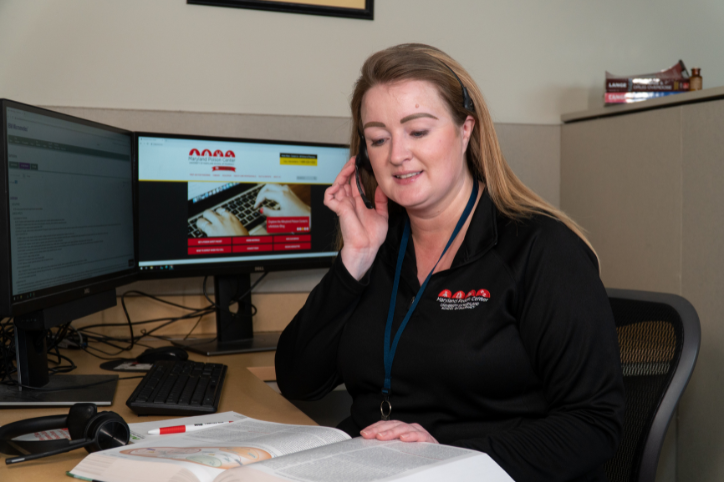We hear this all the time at the Maryland Poison Center. And we do believe what happened. You may think you’re the first person to have done something worth calling the Poison Center about, but chances are our experts have heard it before.
Medicine Safety Archive
Gummies: Sweet but Potentially Dangerous

If you take a stroll down the vitamin aisle at your local store, chances are you’ll be able to find the vitamin you’re looking for in gummy form!
What You Should Know About Antidepressants
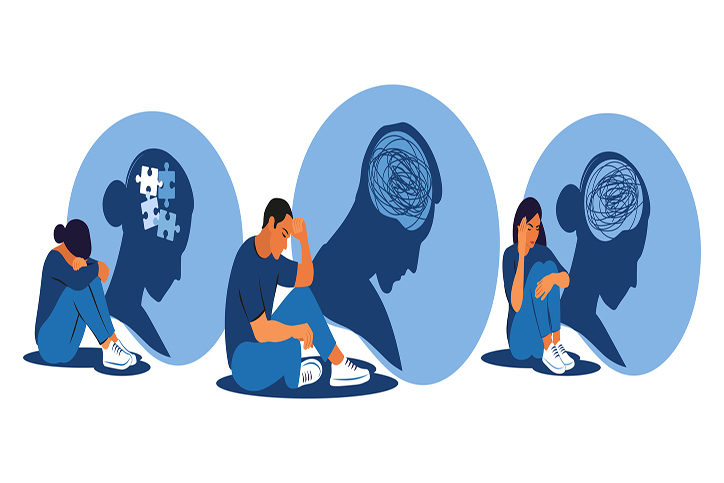
Antidepressants are medicines that are prescribed to treat symptoms of depression, anxiety, and other mental health conditions. Sometimes they are prescribed for other conditions such as chronic pain, sleeping disorders, and migraine.
Measuring Medicine Safely
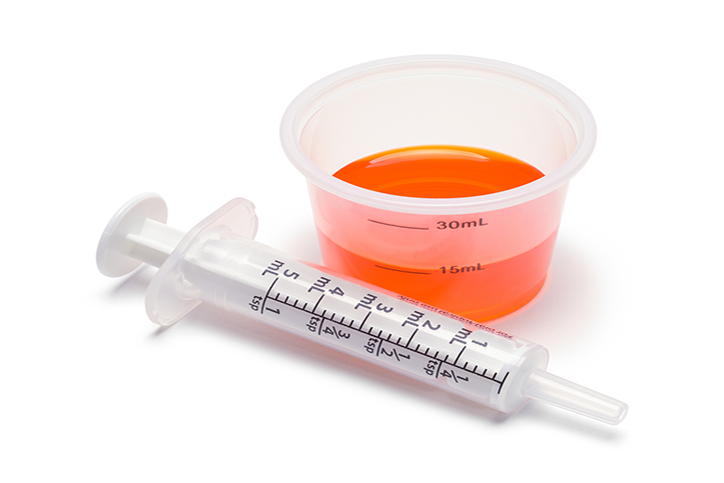
Measuring medicine, also called dosing, can be confusing! Health care providers and pharmacists may use terms such as milligrams (mg), milliliters (mL), micrograms (mcg), grams (g or gm), international units (IU), or other units of measure when talking about medicine.
What You Should Know About Heart Medicines
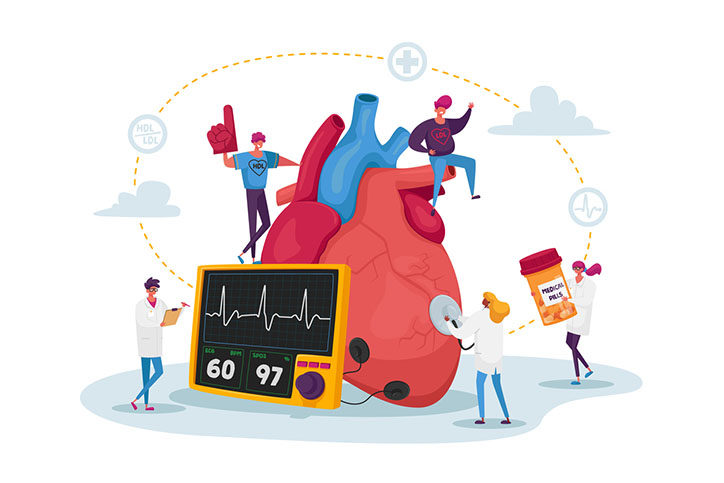
Cardiovascular (heart) medicines are used to treat diseases of the heart and high blood pressure. According to the Centers for Disease Control and Prevention, one of the most common prescription drugs taken by adults are for cardiovascular disease.
Weight Loss Medicines and Supplements
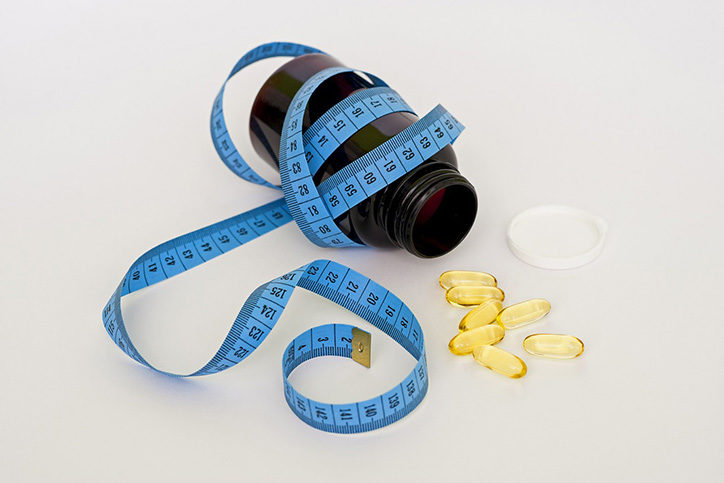
Many people choose weight loss as their new year resolution. In addition to the usual steps to achieving weight loss – setting specific and measurable goals, eating healthy, exercising, and other lifestyle changes – some people also use weight loss medicines or supplements.
Antihistamine Safety
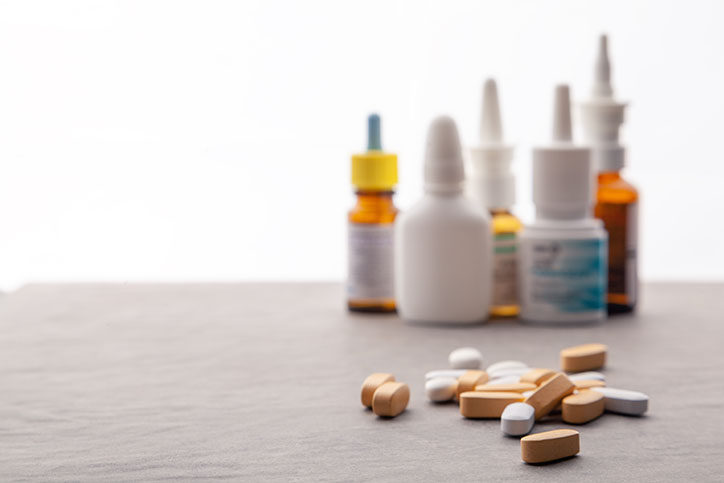
Antihistamines are a type of medicine commonly used to treat allergies. Antihistamines were involved in approximately 1,200 cases at the Maryland Poison Center (MPC) in 2020. Let’s dive deeper into antihistamines and how to safely use them.
What Tweens and Teens Should Know About the Poison Center

People often think that poison centers are only for little kids, but that’s not true. Poison centers are for everyone, including tweens and teens. It’s important that tweens and teens are familiar with safety tips and tools to keep themselves safe.
What You Should Know About Melatonin
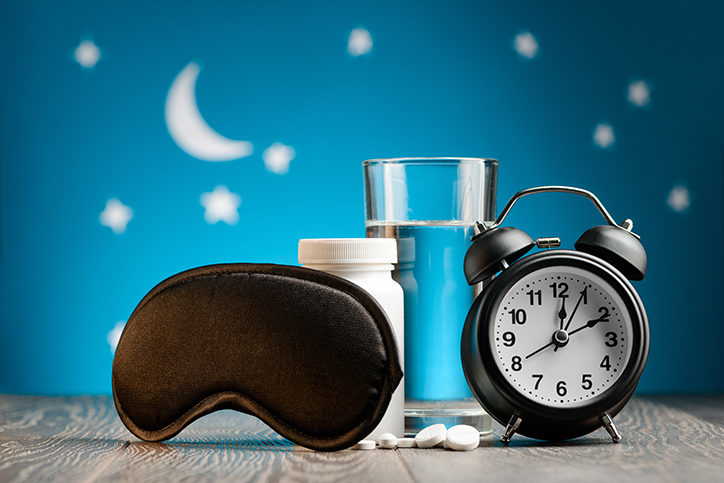
Melatonin is a natural hormone made by our bodies. It can also be taken as a dietary supplement. Melatonin can help you sleep better when used in the right way and right amount.
The Importance of a Medicine Tracker
Taking at least one medicine is a routine part of many people’s day. In fact, some people might even take many medicines every day. It is a good idea to keep an up-to-date list of all of the medicines you take.

